
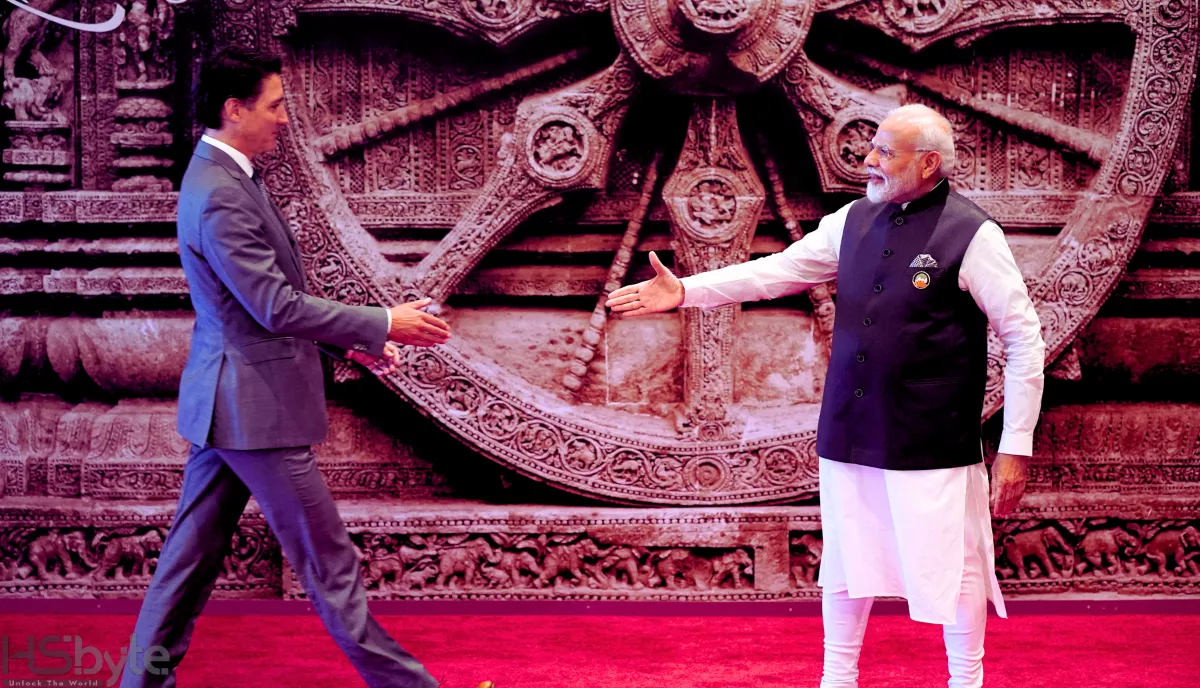
- Share
India has reacted sharply to Canada’s latest diplomatic move, alleging that Indian diplomats, including its ambassador, have been named as “persons of interest” in the murder investigation of Hardeep Singh Nijjar, a Sikh separatist leader.
India’s Ministry of External Affairs strongly rejected Canada’s accusations in a formal statement issued on Monday, describing them as “preposterous and politically motivated.” India also warned of retaliatory measures, indicating that further steps may be taken to counter what it termed as “concocted allegations.”
Tensions Rise Over Sikh Separatist Killing
The diplomatic standoff stems from the murder of Hardeep Singh Nijjar in Surrey, British Columbia in June 2023. Nijjar, a prominent supporter of the Khalistan movement, had been campaigning for an independent Sikh homeland. India previously labeled him a terrorist with ties to militant separatist activities, although his supporters dismissed these claims.
Canadian police characterized Nijjar’s death as a “targeted attack” carried out by two masked gunmen near the Sikh temple he led.
In September 2023, Canadian Prime Minister Justin Trudeau shocked many when he informed Parliament that Canadian intelligence suggested Indian government involvement in the killing. Trudeau called it a violation of Canada’s sovereignty, igniting a diplomatic storm. India, however, dismissed these allegations as baseless and demanded evidence, which Canada has yet to provide publicly.
India’s Response and Diplomatic Fallout
India’s response to Canada’s latest move was swift. It summoned Stuart Wheeler, Canada’s deputy head of mission in Delhi, to explain the allegations and condemned the naming of Ambassador Sanjay Kumar Verma as ludicrous. India praised Verma’s 36-year diplomatic career and criticized Canada’s actions as politically driven.
Delhi also emphasized its right to respond further if Canada continues to press the matter, signaling that the diplomatic fallout is far from over.
A History of Strained Relations
The relationship between India and Canada has remained rocky since Trudeau’s September 2023 accusations. In response, India asked Canada to withdraw dozens of its diplomats and temporarily suspended visa services for Canadian citizens.
Although India resumed visa processing in October 2023, tensions lingered. Last week, Canadian Foreign Minister Mélanie Joly described relations with India as “tense and very difficult.” She further warned that the threat of more targeted killings, similar to Nijjar’s, remained a concern.
The Khalistan movement, a sensitive issue for India, lies at the heart of the growing discord. India has long viewed Sikh separatists as a threat to national security, while Canada’s large Sikh diaspora includes individuals sympathetic to the Khalistan cause. This ideological divide has worsened diplomatic relations, with India accusing Canada of providing a safe haven for separatist elements.
What Lies Ahead for India-Canada Relations?
As the diplomatic standoff deepens, both countries are navigating a complex web of political, security, and public sentiment. Canada remains firm in its stance, while India maintains that the allegations are unfounded and politically motivated.
The international community is closely monitoring the situation, with the US and other allies calling for de-escalation. As both nations grapple with deteriorating ties, the future of India-Canada relations hangs in the balance.
You May Also Like


Israeli Hostage Couple Reunited After 738 Days
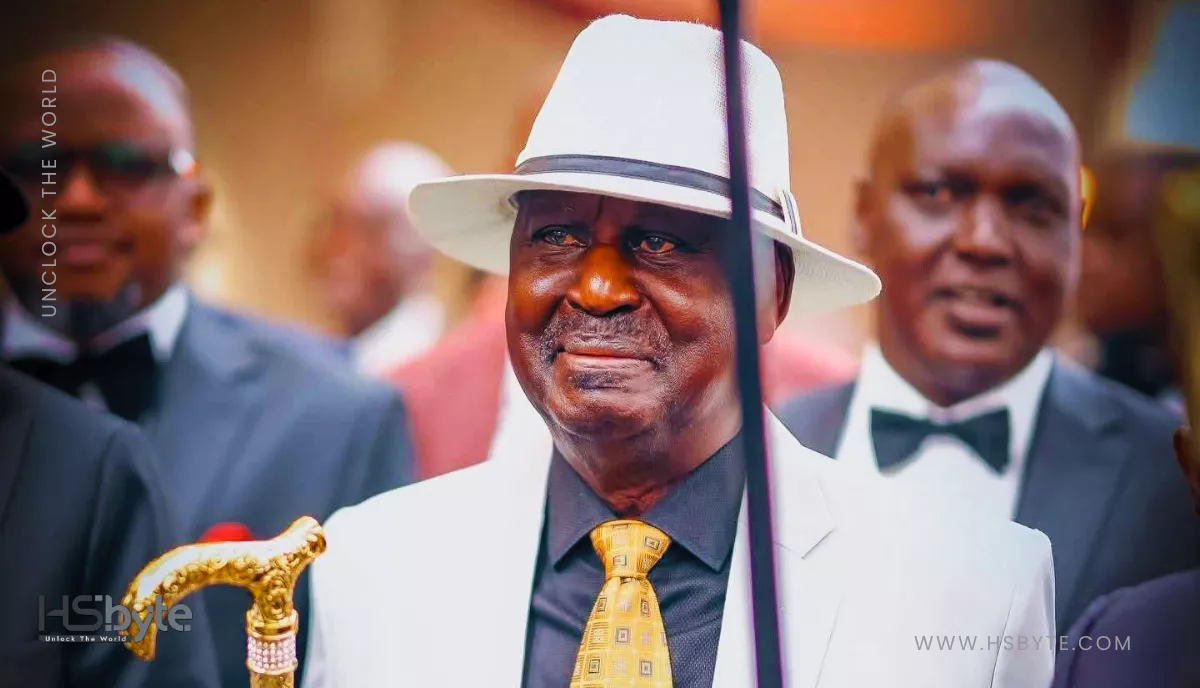
Raila Odinga Dies at 80: Kenya Mourns Political Giant

Trump Demands Hamas Disarm Amid Brutal Gaza Crackdown
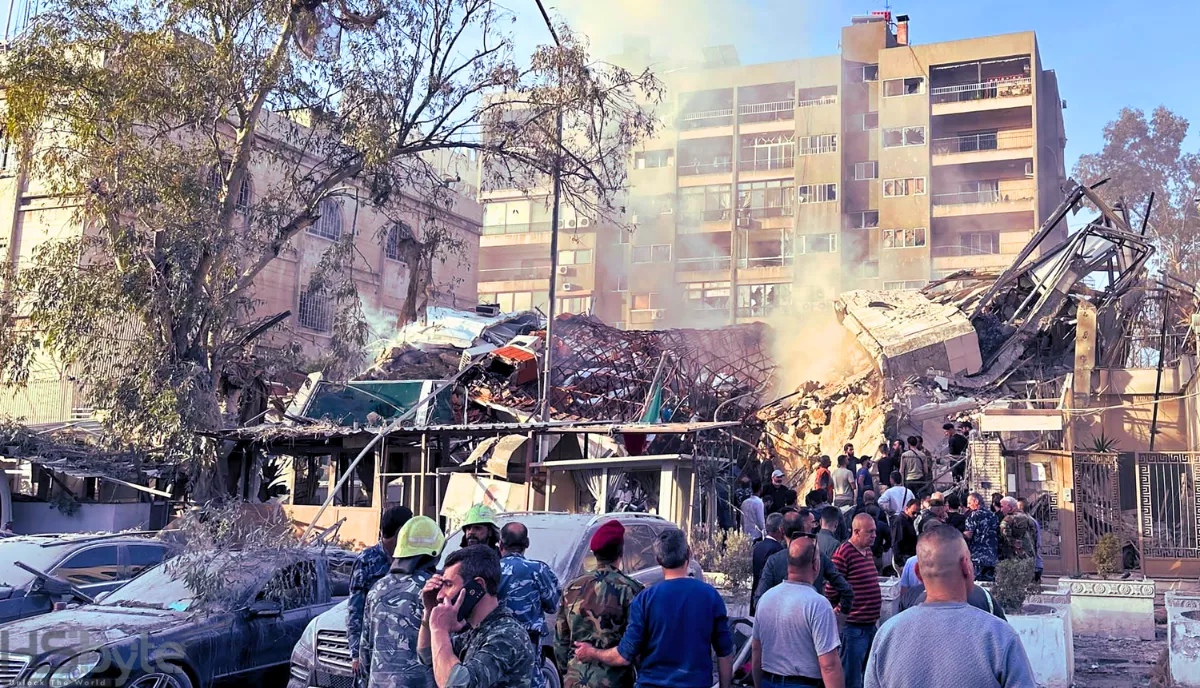
Israeli Strikes on Iran Heighten Tensions
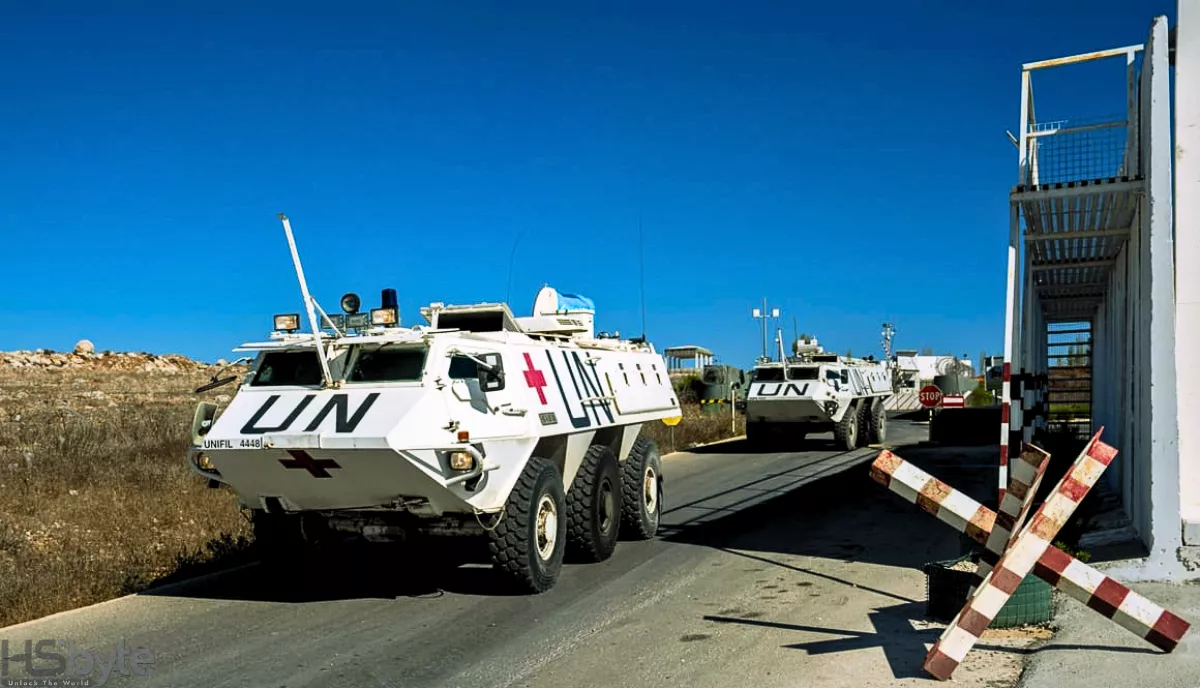
UNIFIL Post Breached: Israeli Tanks Escalate Tensions
Latest Update
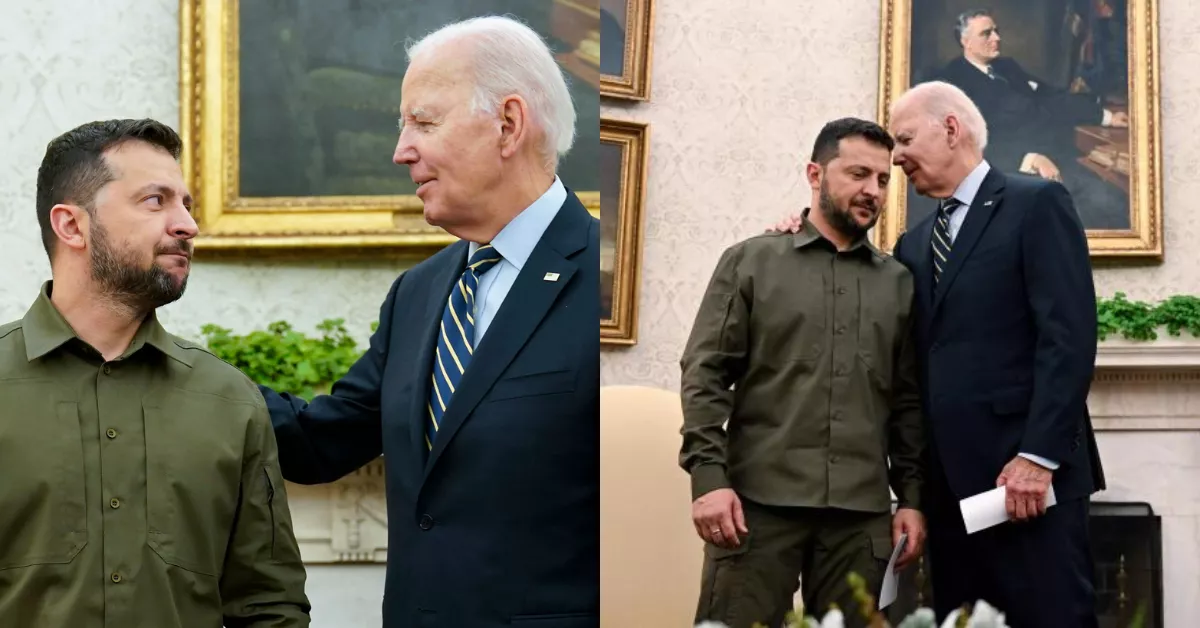
Zelensky Biden Meeting Ignites Republican Outrage Amid Aid Talks

Wuthering Heights Film Casting: Controversy Sparks Debate

Will the US Presidential Election Shape the Future of Crypto?
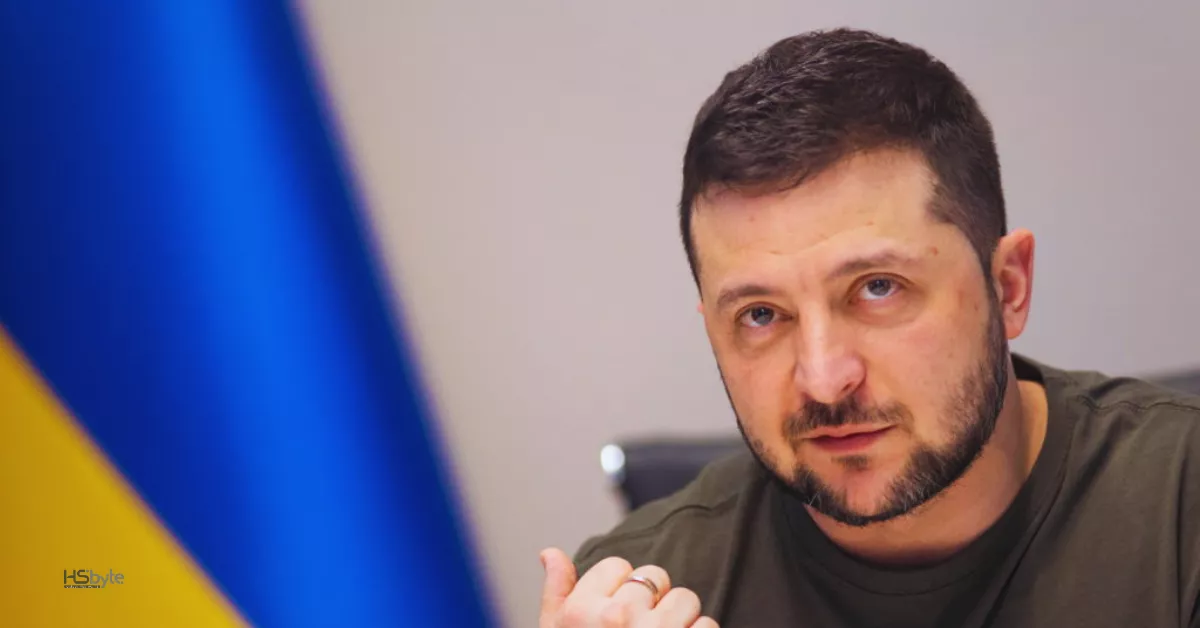
War with Russia: Zelensky Sees Hope for Peace
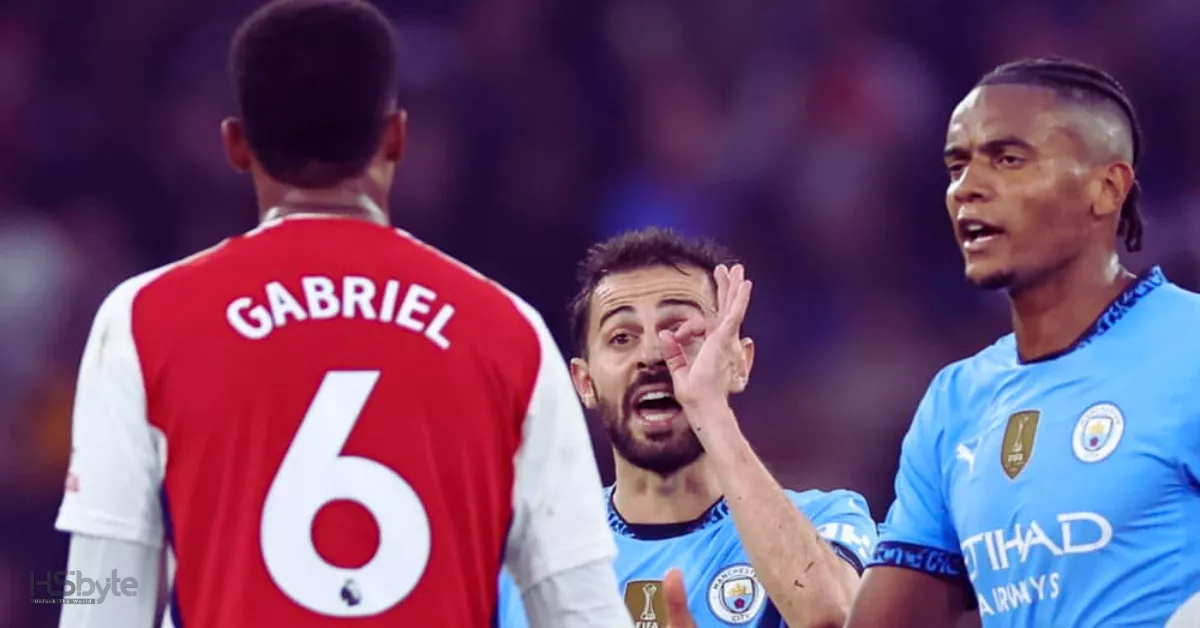
Unpacking the ‘Dark Arts’ in Manchester City vs Arsenal Showdown

UNIFIL Post Breached: Israeli Tanks Escalate Tensions

Trump Demands Hamas Disarm Amid Brutal Gaza Crackdown

